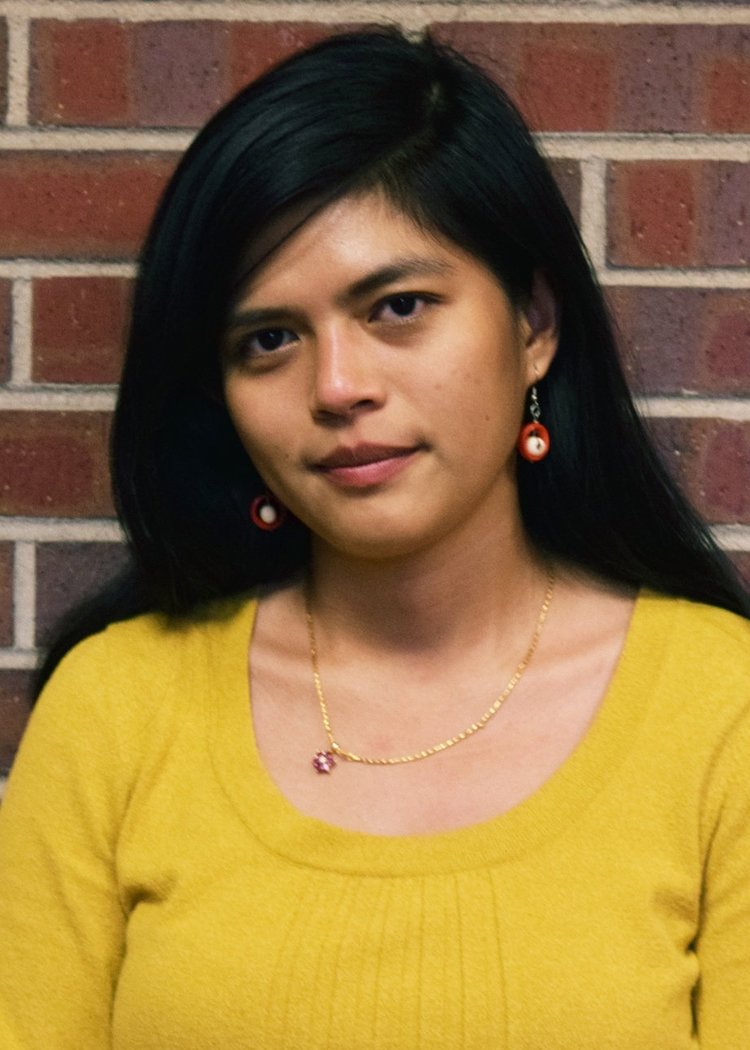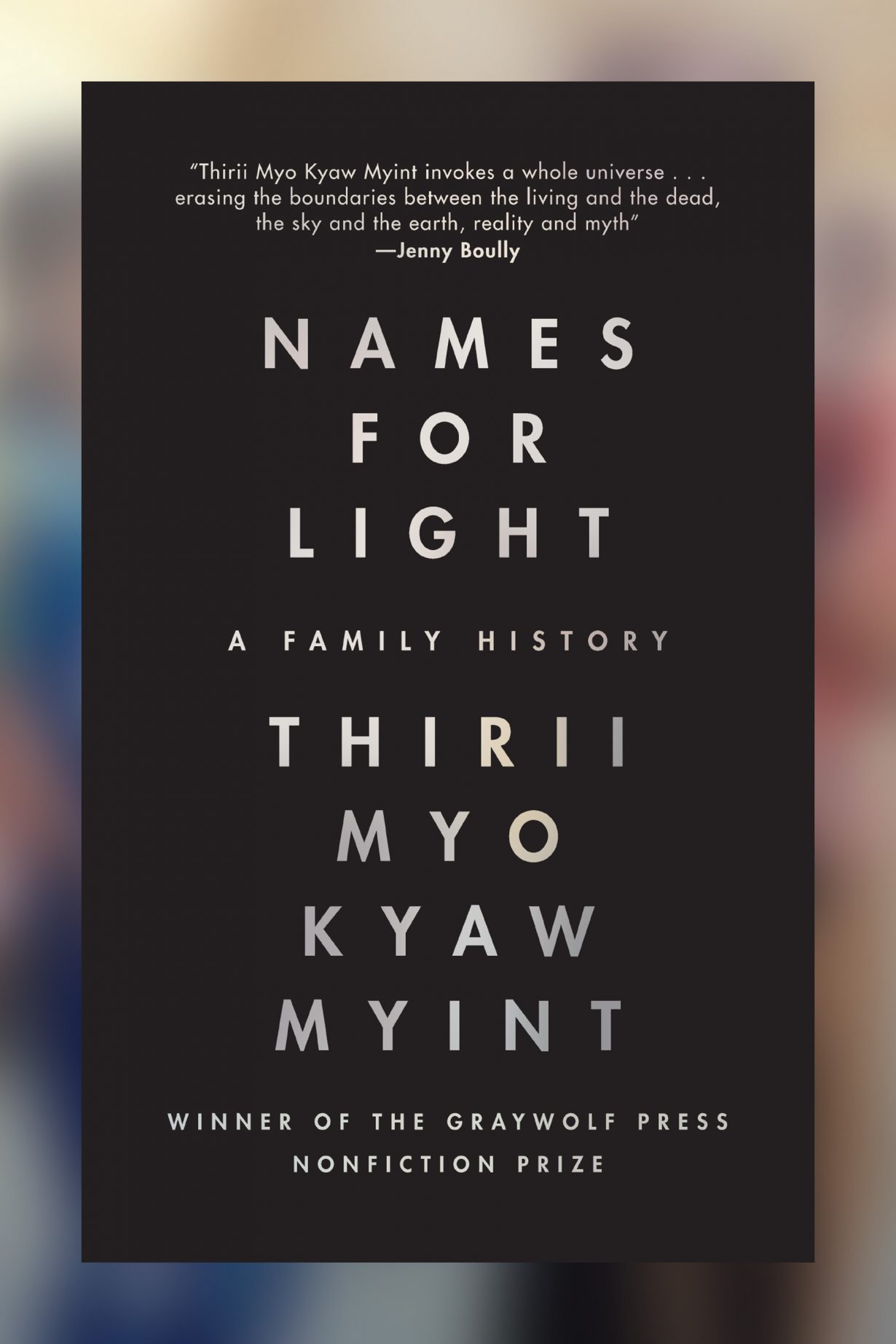
At a book reading by a writer who wrote about his immigration experience, Thirii Myo Kyaw Myint felt ‘a dull panic’. She writes, ‘The author is telling a story about the flight from the country of the author’s birth to this country, where the author now lives. The story is linear. The plane flies from one country to another.’ Thirii’s memories of departure from Myanmar and arrivals in different cities en route to Bangkok and then the US are foggy, jumbled; her experiences of living in these places marked by an unresolved sense of self-exile.
This memoir, which ostensibly narrates her family’s movement in episodic vignettes, tries to articulate these experiences in a way that honours their lack of a telegenic narrative. Indeed, many immigrant stories cannot be ordered in the decisive, unilateral direction
of heroic escape. Her shuffled chronology – featuring stories ranging from a few paragraphs to a few pages long – features a cast of relatives going back to her great-grandparents, and takes on a folkloric quality (several family members supposedly reincarnate as others), given the frequent lack of proper names, and the skeletal dating and contextualisation of key historical and political events. The main thrust of a story about a grandfather who joined the Burmese Independence Army as a lieutenant to fight the Japanese centres on how, in the midst of a guerrilla jungle war, villagers gave him a chicken. He became so focused on cooking it that he inadvertently sat out a battle that killed most of his men.
On one level I respect Thirii’s refusal to pander to the usual voyeuristic thrills of migrant literature. To her, such reader expectations are another type of violence inflicted upon her, a form of ventriloquism: ‘I am afraid I have been given the opportunity to speak only because
I am saying what you want to hear, what you wish you could say, what you are saying now, through my body, behind the protection my body offers with its brown skin, black eyes, and black hair.’ What Western audiences (the book is published by an American house) want her to say is how lucky she was to have left an oppressive culture for one that is better, freer. The reality, of course, is more complex.

She approaches this by weaving family lore and her personal recollections into poetic snippets and musings that have moments of beauty and sadness. Her vivid childhood memories of outsidership in the US, which come in a glut near the end of the book, are heartbreaking, especially given her matter-of-fact tone. Having no friends in school, she passed recess by walking briskly from place
to place, pretending she had somewhere to be.
But such directly moving confessional passages are few; on the whole the book drifts around in desultory, wan prose that circles issues of origins, identity and belonging without engaging deeply with them. (‘This place repeated enough times begins to sound like displaced. Displaced is where we moved to, displaced is where I grew up, displaced is where I am from.’) While she does not want to be associated with only her immigrant identity, neither is she keen to reveal the other parts of herself. She flits between first- and third-person narration in the book, with the most personal sections rendered in the latter. As a result, reading this book is an occasionally illuminating but mostly alienating experience. An account of her first love, which supposedly sparked ‘the beginning of herself’, is told bloodlessly and anonymously (‘She loved, but her love was unrequited’), highlighting only the mundane: buying a bicycle together; writing emails to each other. The contents of which, by the way, are never even hinted at.
At some points it feels as if the writing simply reflects her feelings of dislocation as a result of unprocessed trauma. (‘Sometimes, it even felt like she was looking into her own window, her own life, which she could not enter.’) At others it articulates a conscious decision to withdraw. (‘The more she learned about the world, the less she wanted to be any part of it.’) Ultimately, it’s as if Thirii is not only suspicious of the immigrant memoir genre but the concept – or the possibility? – of memoir itself.
Names for Light: A Family History by Thirii Myo Kyaw Myint, published by Graywolf Press